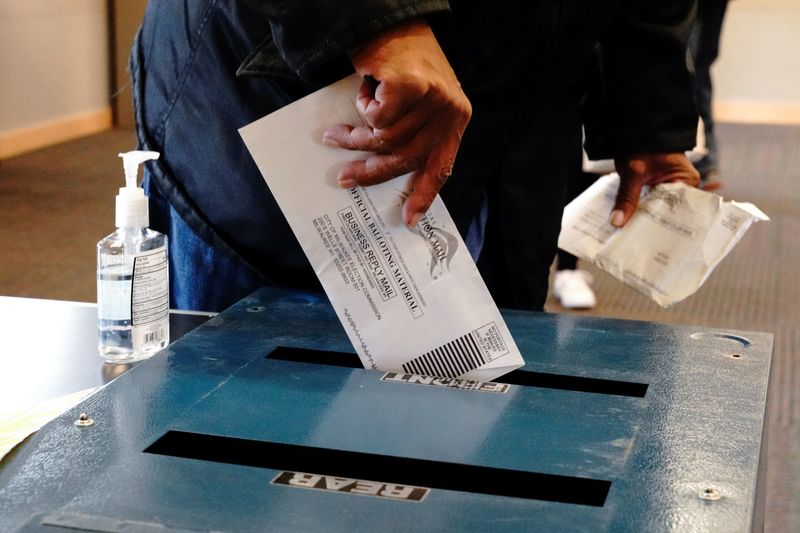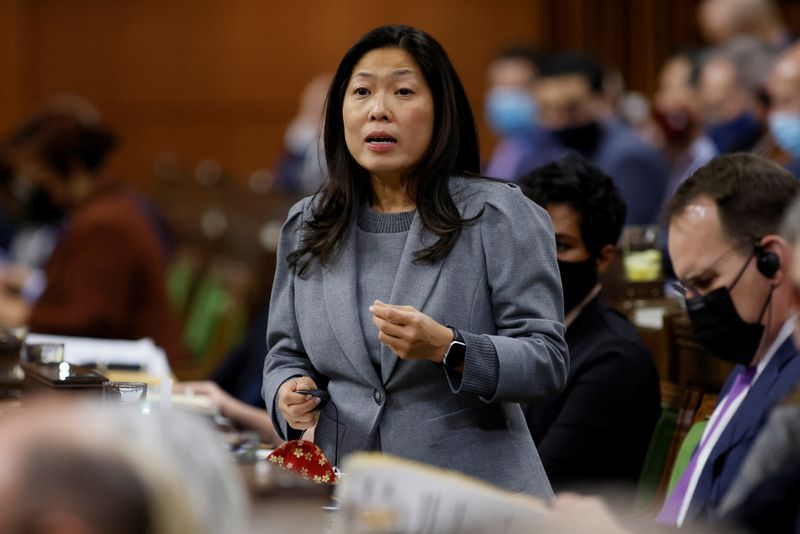SACRAMENTO, Calif. — A federal grand jury returned two indictments on Thursday charging a total of seven defendants with various drug-trafficking crimes, including conspiracy to distribute methamphetamine and heroin, as well as multiple counts of distribution of methamphetamine and heroin, U.S. Attorney Phillip A. Talbert announced.
Defendants Wendy Labuda, 64; Epifanio Ramirez, 47; Sarah Anderson, 32; Fabian Gomez, 33, and Joaleen Rogers, 53, all of South Lake Tahoe; and William Owen, 47, of Sacramento, were charged in one indictment with counts specific to each defendant. A separate indictment charged Robert Choate, 38, of South Lake Tahoe, with distribution of methamphetamine and heroin, as part of the same investigation that led to the charges against the other six defendants.
According to court documents, between August 2020 and May 2022, the defendants worked together as part of overlapping efforts to sell methamphetamine and heroin in and around South Lake Tahoe. Over those two years, the defendants sold drugs to multiple confidential informants. While most of the defendants’ distribution happened in and around South Lake Tahoe, the investigation uncovered that some of the drug supply was coming from Sacramento.
These charges arise from Operation Bear Trap, which began in 2020 to address the growing problem of methamphetamine distribution in South Lake Tahoe. Four additional defendants were charged last August with multiple drug and gun trafficking crimes as part of the same operation. Over the course of the operation, law enforcement agencies have interdicted methamphetamine, heroin, and numerous firearms, including “ghost” pistols and assault rifles (firearms manufactured without serial numbers, making them harder for law enforcement to trace).
To date, 36 individuals have been arrested in connection to Operation Bear Trap in California and Nevada on state and federal charges related to drug and firearms trafficking.
For all defendants, any sentence would be determined at the discretion of the court after consideration of any applicable statutory factors and the Federal Sentencing Guidelines, which take into account a number of variables. The charges are only allegations; the defendants are presumed innocent until and unless proven guilty beyond a reasonable doubt.
This case is the product of an investigation by the Federal Bureau of Investigation, the South Lake Tahoe Police Department, the El Dorado County Sheriff’s Office, the El Dorado County District Attorney’s Office, the Douglas County Sheriff’s Office, the U.S. Bureau of Alcohol, Tobacco, Firearms, and Explosives, the U.S. Postal Inspection Service, the Drug Enforcement Administration, and the Sacramento County Sheriff’s Office. Assistant U.S. Attorney James Conolly is prosecuting the case.
This effort is part of an Organized Crime Drug Enforcement Task Forces (OCDETF) operation. OCDETF identifies, disrupts, and dismantles the highest-level criminal organizations that threaten the United States using a prosecutor-led, intelligence-driven, multi-agency approach. Additional information about the OCDETF Program can be found at www.justice.gov/OCDETF.













